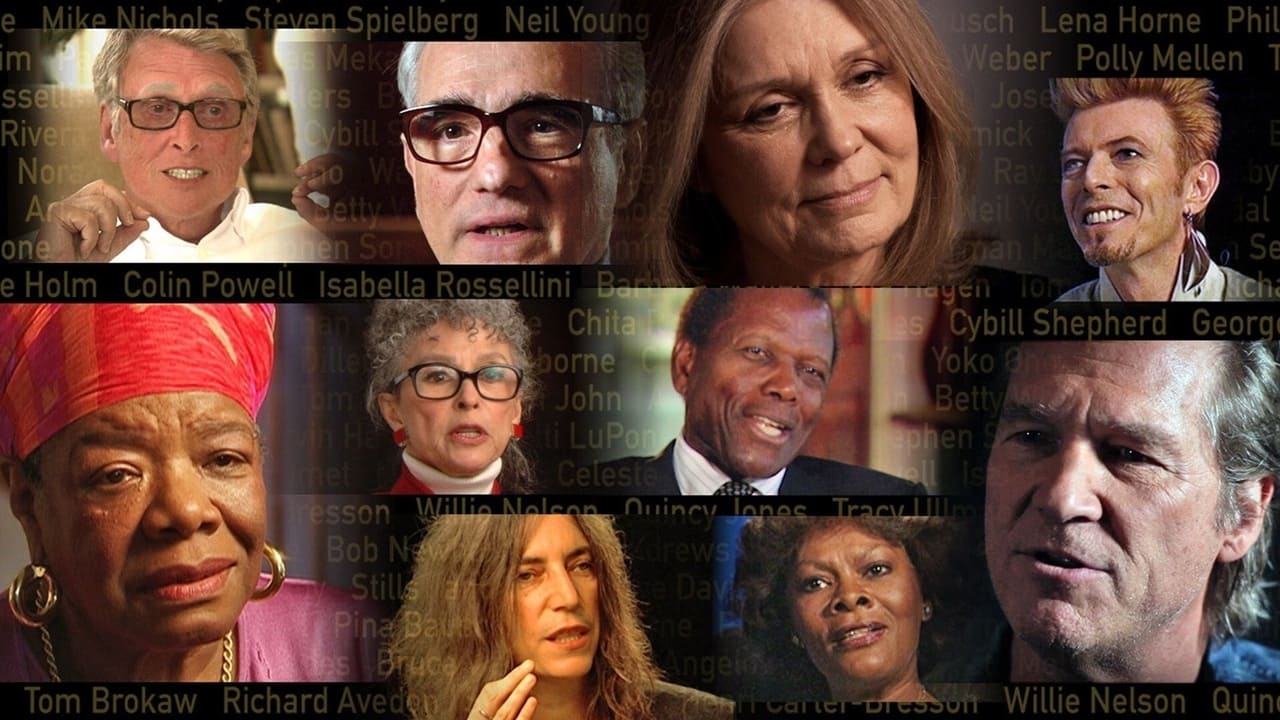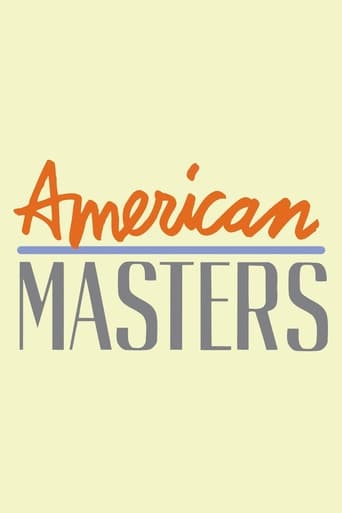CommentsXp
Best movie ever!
Adeel Hail
Unshakable, witty and deeply felt, the film will be paying emotional dividends for a long, long time.
Yash Wade
Close shines in drama with strong language, adult themes.
marymorrissey
Apparently this film, which is not listed under the title I've used for the summary under which I rented it, is the one I'm watching right now. So far ... it's about 2x as long as need be because endless montages of newsreels with a couple of extra sound tracks added on - music of the generic doc backdrop variety, then popular music from various eras, or maybe another person starting to speak over the newsreels. There is actually really terrible music editing throughout in which it was deemed a good idea to keep music going long after a montage is finished to somehow buttress scenes that don't call for music but don't stand up as anything in and of themselves, which are sometimes cut side by side after a montage, the whole thing really very frustrating to sit through. Sometimes it's the reverse: a few people speak on camera one after the other, then someone brings up the rock n roll track to remind us of how hip "Bucky" was. It's as though someone decided no footage nor any music ought not to be used that they could find. I get a kick out of the fact that there is a brief 3 minute or so section of "character assassination" that is quite funny: evidently Mr. Fuller was an egomaniac who kept his phone # listed in any city he'd ever lived in and got pleasure out of checking the phone books in them when passing through and that it was "terribly important" to him that his name be found in them. I don't think I've never really a noticed a movie so damaged by over-application of music before.
Ed
A fine documentary both as a presentation of the composer's life as well as his music including many observations and opinions. It is interesting that Virgil Thomson's negative remarks are given at some length but these are expressions of envy in my opinion. I don't recall his exact remarks but they are to the effect that all of Gershwin's serious music, consists merely of strung-together show-tunes. While I agree that the "Rhapsody in Blue" is not satisfactory as a "classical" work, it's form is too diffuse and the composer didn't really know what he was doing at this time, I think he made up for it later on and then some. (His Second Rhapsody has never had the fame of the "Rhapsody in Blue" but is, to my mind, much more satisfying as a concert work.) Mr. Thomson's contributions to the American opera may be considerable with his two Gertrude Stein collaborations but can, in no way, compete with the infinitely greater Porgy and Bess which is probably the greatest American opera of all time.A minor quibble: Morris and Rose Gershwin did not have two older sons named "Ira" and "George" but rather "Israel" and "Jacob"; they both changed their names fairly early on.Many of the usual "musical-documentary gang" are here including Kitty Carlisle Hart, one of the geriatrics wonders of the world. At age 95, she was, of this writing, still able to clearly express herself even taking part in the recent pledge break for PBS. (She died April 2007.) Others include the late Kay Swift, George's "girlfriend" and sometimes collaborator and the two "Michaels", Feinstein and Tilson Thomas both looking rather young here. In fact, MTT has made a specialty of the Second Rhapsody, playing and conducting it from the keyboard a la Bernstein.Many film excerpts from "Rhapsody in Blue" and "An American in Paris" are presented though there is an obvious effort to avoid showing Robert Alda as George in the first film. (Oscar Levant, George's friend and disciple who appears in both films, is shown at some length.) The music is presented in chronological order and this works very well here.

